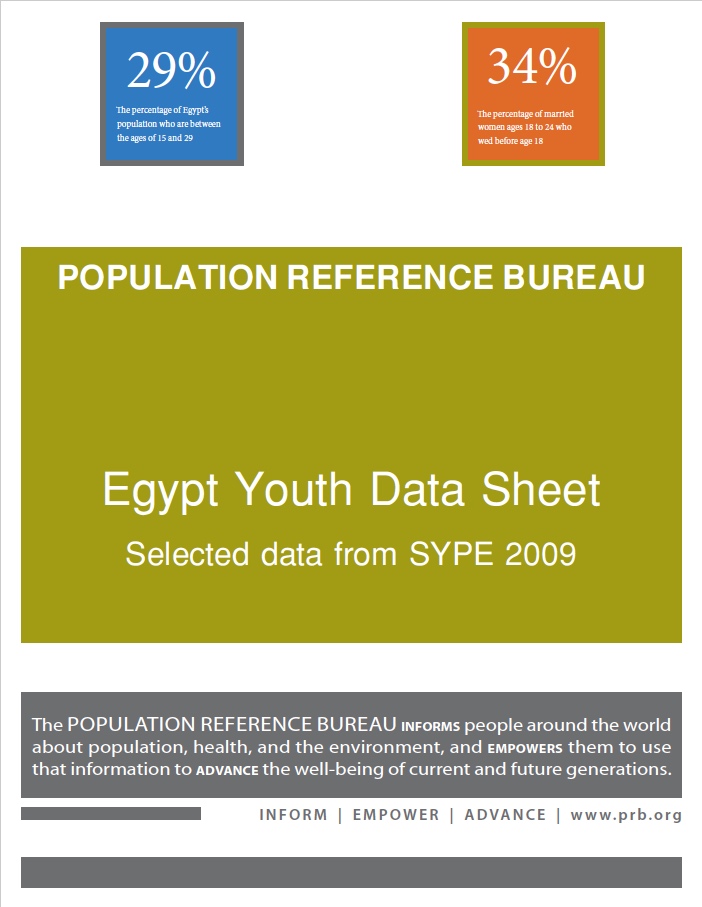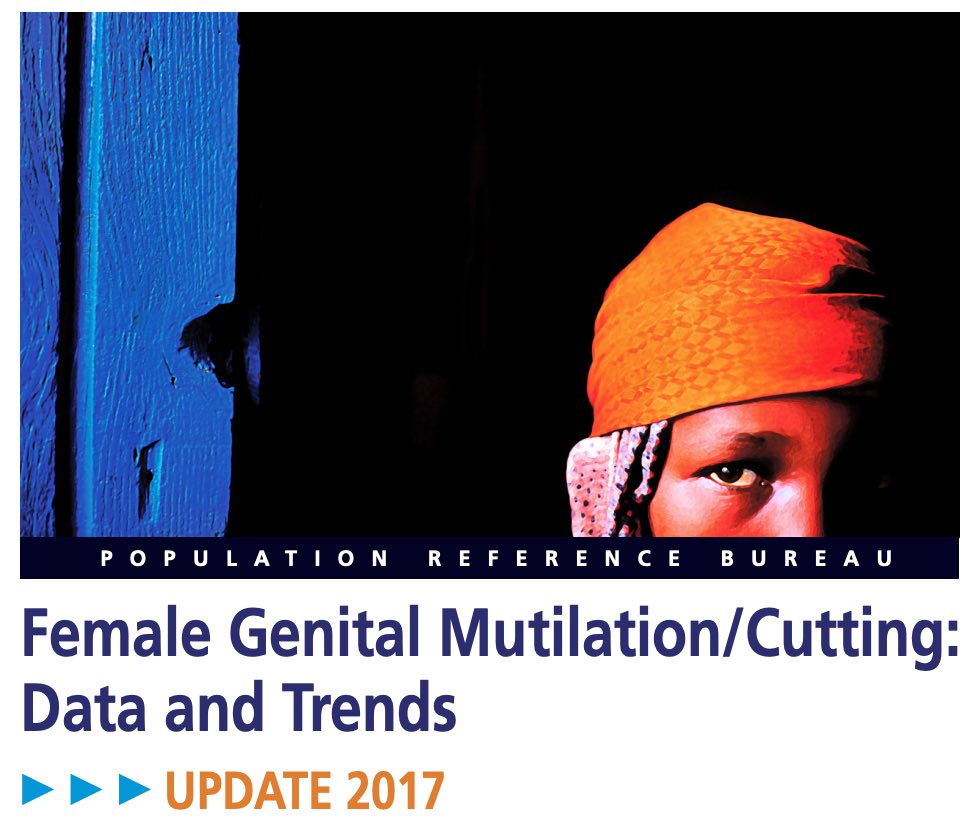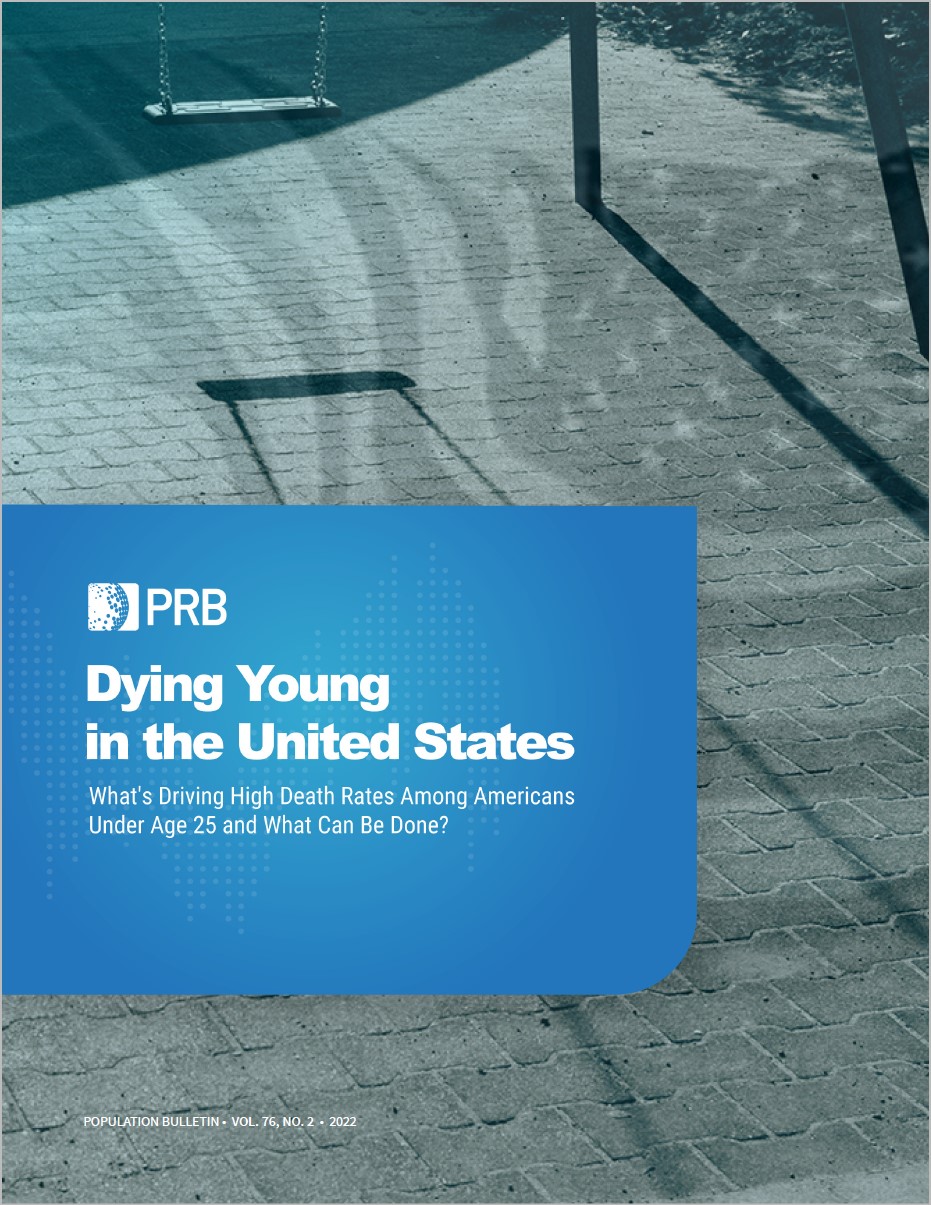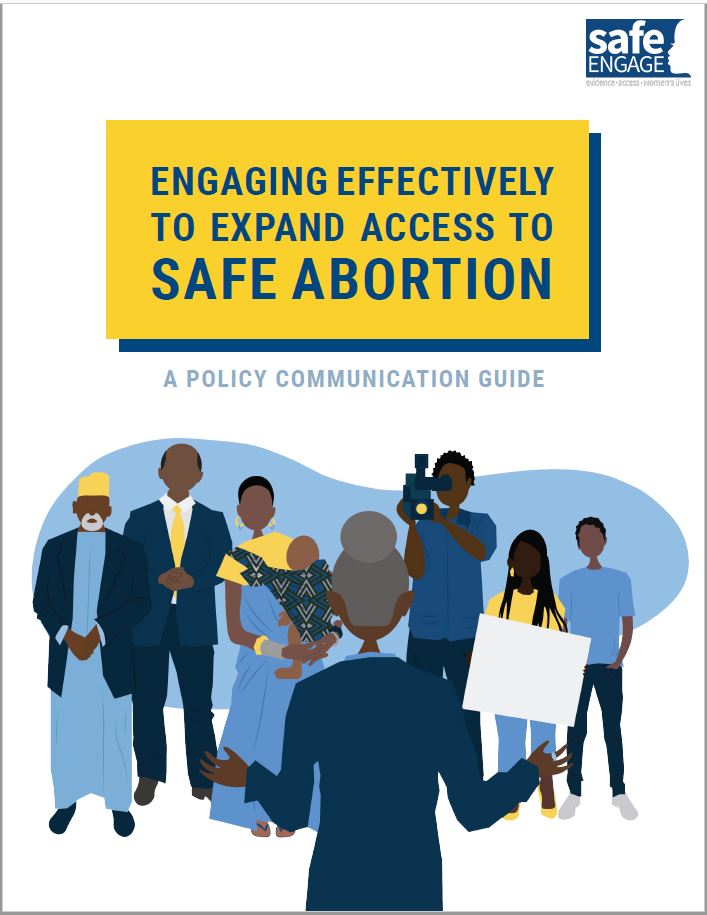494 Search Results Found For : "해외선물변동성(www-88m-kr)www-88m-kr 해외선물나스닥거래시간 선물옵션동시만기전망❈소셜트레이딩⑹해외선물대여 ぽ駞 conviction"

Webinar: Bridging Research and Policies: Enhancing Budgeting Processes for Africa’s Demographic Dividend
PRB hosted a high-level webinar with budget experts, parliamentarians, and national directors to discuss the importance of the Demographic Dividend Sensitive Budgeting approach in enhancing budgeting processes across Africa.

In Egypt, Young Women and People Living With HIV/AIDS Are Among the Most Disadvantaged
(2012) Jan. 25, 2012, marked the one-year anniversary of the antigovernment protests in Egypt that led to President Hosni Mubarak's resignation. Hundreds of thousands of Egyptians, including a vast majority of young people, demanded political freedom, better wages, and better working conditions.

Project: PACE: Policy, Advocacy, and Communication Enhanced for Population and Reproductive Health
Wallchart. Female Genital Mutilation/Cutting Data and Trends, Update 2017
Female Genital Mutilation/Cutting: Data and Trends Update 2017, produced with support from the U.S. Agency for International Development, provides the latest data on the practice in 29 developing countries with representative and comparable data—although FGM/C occurs worldwide.

Project: Evidence to End Female Genital Mutilation/Cutting
Reflections From Five Years of Research on FGM/C
From 2015 to 2019, the African-led consortium developed innovative research methods and uncovered new evidence about the practice and how it is changing—focusing on families and communities, and health and legal systems—in eight countries: Burkina Faso, Egypt, Ethiopia, Kenya, Nigeria, Senegal, Somalia, and Sudan.


